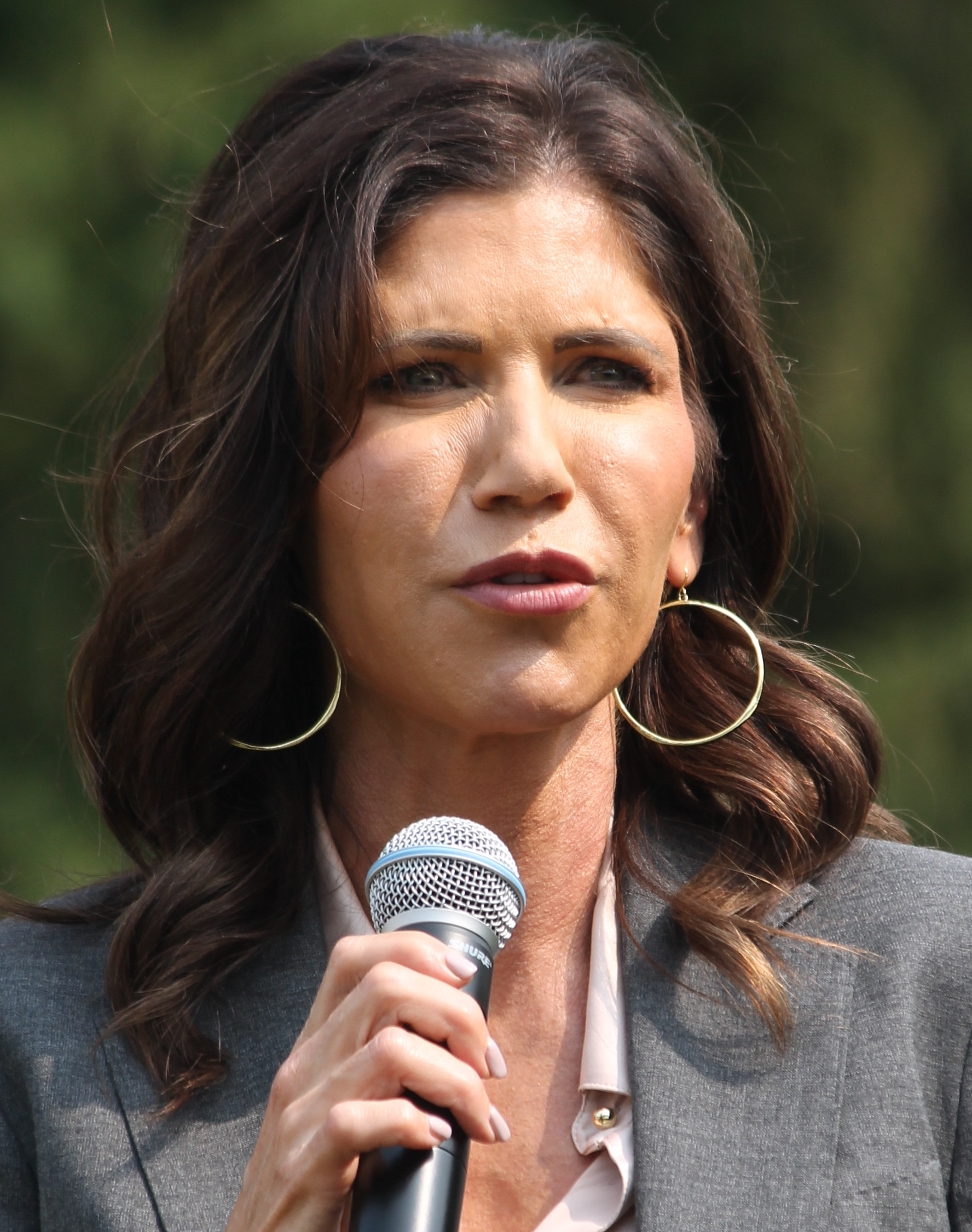Key Takeaways:
- U.S. District Judge Waverly Crenshaw sharply criticized inaccurate statements by Trump officials.
- Attorney General Pam Bondi and DHS Secretary Kristi Noem described immigrant Kilmar Abrego Garcia with harsh labels.
- Court rules forbid government employees from commenting on evidence or cases before them.
- The judge found their remarks exaggerated, misleading, and in violation of legal ethics.
Judge Crenshaw Slams Inaccurate Statements in Court
A federal judge spoke out against inaccurate statements made by top Trump administration figures. He said their comments about Kilmar Abrego Garcia broke court rules and misled the public. Bondi and Noem labeled Garcia as an MS-13 member, human trafficker, serial abuser, and child predator without solid proof. The judge called these claims “exaggerated if not simply inaccurate.”
Who Is Kilmar Abrego Garcia?
Kilmar Abrego Garcia is an immigrant deported to El Salvador earlier this year. He faced allegations of gang ties and criminal behavior. However, he returned to the U.S. after legal challenges. Bondi and Noem repeated serious accusations in public remarks, even though the court had not confirmed them.
Why These Inaccurate Statements Matter
Bad information can harm a person’s reputation. It can also sway public opinion unfairly. Moreover, judges rely on facts, not opinions, when making decisions. Therefore, the law bans court officers from speaking about a case’s details or a person’s guilt.
Court Rules on Extrajudicial Comments
Federal court rules say government employees must not share opinions on evidence. They also must not talk about a person’s character or guilt. These rules protect fairness and justice. When officials break them, they risk confusion and bias in trials.
The Judge’s Rebuke
Judge Crenshaw wrote that the officials’ remarks were out of line. He noted that their comments went beyond stating facts. Instead, they suggested guilt before any hearing. The judge stressed that such actions hurt the legal process. He warned that mixing personal views with court business can undermine trust.
Pam Bondi’s Role
As Attorney General of Florida, Bondi joined a legal fight to deport Garcia again. In court filings and interviews, she described him using harsh terms. She said he was a gang member and child predator. However, she offered no new proof. Judge Crenshaw pointed out that her words crossed a legal line.
Kristi Noem’s Involvement
South Dakota’s governor, Kristi Noem, also backed the case. She publicly agreed with Bondi’s harsh labels. Noem’s statements echoed the same severe allegations against Garcia. Like Bondi, she spoke before the court could verify the claims. The judge found her words “troubling” and “inaccurate.”
How Courts Stay Fair
Courts use strict rules to keep trials fair. Judges, lawyers, and government officers must avoid public comments that shape opinions. They must wait until all evidence appears in court. This practice prevents unfair advantages. It also guards against prejudice by media or public views.
What Happens Next?
After the judge’s criticism, both officials could face consequences. The court may ask them to explain or retract their comments. They might also receive formal warnings. Meanwhile, Garcia’s case will continue on its merits. The judge will review evidence under the usual legal standards.
Why Transparency Matters
Transparent legal processes build public trust. When officials speak out of turn, they risk damaging that trust. Clear rules help everyone understand what evidence counts. They also show that courts act on facts, not on political spin.
Lessons for Future Cases
This incident highlights how powerful statements can backfire. Even high-level officials must follow court rules. Legal battles should focus on evidence, not loud public claims. As a result, courts remain a place for fair judgment.
Key Terms Explained
MS-13 gang member: A label for someone tied to a dangerous gang.
Extrajudicial remarks: Comments made outside the formal court process.
Deportation: Legal removal of a person from a country.
In the end, Judge Crenshaw’s strict words remind all officials to stick to the facts. Courts depend on honest, rule-based procedures. Any departure from this path risks fairness and justice.
Frequently Asked Questions
Why did the judge criticize these statements?
The judge found the statements exaggerated and in breach of rules that bar officials from commenting on cases. He said they risked misleading the public and undermining a fair trial.
What are the rules about extrajudicial remarks?
Court rules prohibit judges, lawyers, and government officers from sharing opinions on evidence, a person’s guilt, or character outside formal hearings. This protects fairness and prevents bias.
Who is Kilmar Abrego Garcia?
He is an immigrant deported to El Salvador earlier this year. He faced allegations of gang involvement and abuse. He returned to the U.S. after legal challenges and continues to fight deportation.
What could happen next in this case?
The court may ask Bondi and Noem to explain or withdraw their remarks. They could face official warnings. Meanwhile, the judge will proceed with the case based on evidence presented in court.
